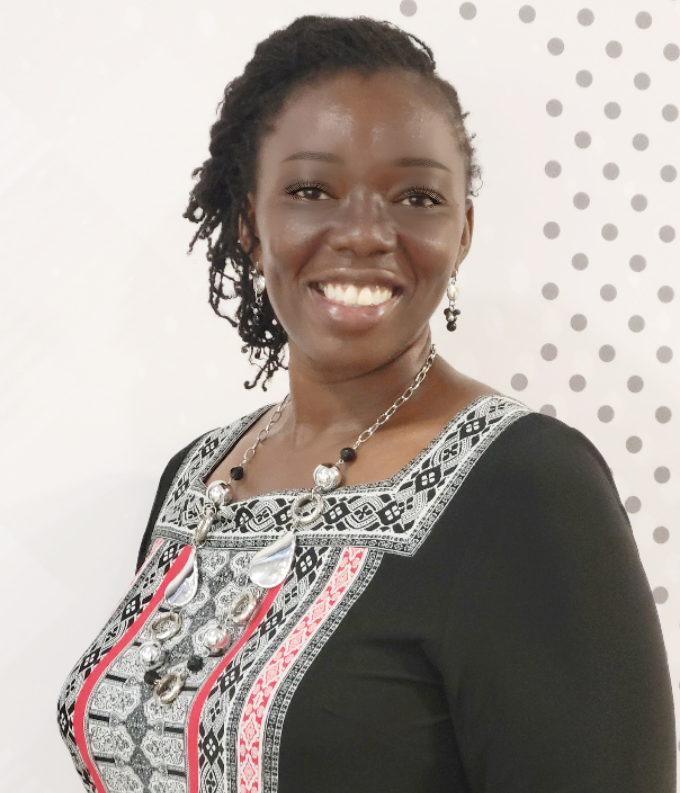
The following blog post was written by Dr. Stephanie L. Krah, Vice Chancellor for Student Experience at City Colleges of Chicago.
At City Colleges of Chicago, we know that safer schools lead to a safer city. That’s why we’ve been proud to partner with the City of Chicago on two innovative efforts to address and prevent gender-based violence in Chicago—Be Well Chicago and Project S.A.F.E.
Recently, the Chicago Mayor’s Office released a report outlining the progress that has been made in terms of addressing gender-based violence. Reading the report and reflecting on our accomplishments, I thought about why we were so proud to work with the Mayor’s Office on this initiative in the first place—and why we are today.
As Vice Chancellor of Student Experience, it’s clear to me that the journey to success starts before a student steps foot in a classroom. We need to understand our students’ realities so we can offer the support they need to succeed. That’s why we provide food pantries, options for childcare, and so many other critical resources at our colleges.
But what about a student who has faced the trauma of gender-based violence? What can we do to support their success? About a year and a half ago, we began working with the Mayor’s Office to answer that question, and Be Well Chicago and Project S.A.F.E. were born.
Since the effort launched in September 2021, Be Well Chicago has built out a staff of licensed professional counselors/social workers to address the mental, emotional, social, or behavioral issues associated with gender-based violence victimization. The team has held dozens of workshops and peace circles over the last year—and even hosted the first Be Well Chicago Fest this summer to connect community members to mental health resources. In combination with counseling, these events have given survivors a safe space to address their trauma with the support of mental health professionals.
Then, in February 2022, we launched Project S.A.F.E. (Securing A Fear-free Environment). In partnership with Life Span, an organization that provides comprehensive services to those who have experienced domestic violence and sexual assault, the Project S.A.F.E. team began building out strategies for responding to and supporting survivors in a trauma-informed manner. Life Span’s team of dedicated professionals has been able to provide support to our students and community members, and make referrals for legal services, advocacy, and more.
As critical as it is to provide responsive services, our efforts have also focused on preventing gender-based violence in the first place. Earlier this year, City Colleges launched a comprehensive prevention education program through Project S.A.F.E. that included providing education to students, faculty, and staff on domestic and dating violence, sexual assault, and stalking. The team hosted several events aimed at increasing the competency of students, faculty, and staff around the dynamics of gender-based violence and the various resources available at City Colleges. Additionally, our Coordinated Community Response Team participated in the first of a series of core competency trainings led by our project partner, Life Span. These events reached over 900 people.
These efforts are highlighted in the new progress report released by the Mayor’s Office. And that’s exactly what this is—progress. Not only in numbers but in stories and lives. These programs are the first of their kind at City Colleges, and they’re making a real impact on our students and our communities.
But our progress is not done yet. These essential efforts will continue throughout the Fall 2022 semester and beyond. They’re critical to the student experience, and I’m so proud of what we’ve been able to accomplish together.
To learn more about the Mayor’s First Bi-Annual Gender-Based Violence Progress Report, read the City of Chicago’s press release.
Dr. Stephanie L. Krah is the Vice Chancellor for Student Experience at City Colleges of Chicago. In this role, she works with the Academic and Student Affairs Departments at the seven colleges on strategies and best practices to enhance the student experience, thereby influencing retention and student success. Dr. Krah has over 15 years of experience in higher education, having served in a variety of capacities spanning Academic Affairs, Enrollment Management, and Student Affairs.
Dr. Krah attended the University of Toledo, where she received her Associate of Applied Science in Cardiovascular Technology and bachelor’s degree in Exercise Science in 2005. She earned a master’s degree in Public Health from the Northwest Ohio Consortium for Public Health in 2007, and, in 2013, she completed her PhD in Higher Education Administration from Ohio University. Dr. Krah has earned numerous professional awards, presented at various higher education conferences and events, been published in higher education journals and personal literary works, and secured millions of dollars in grant funding. She is committed to teaching and research.
![]()
